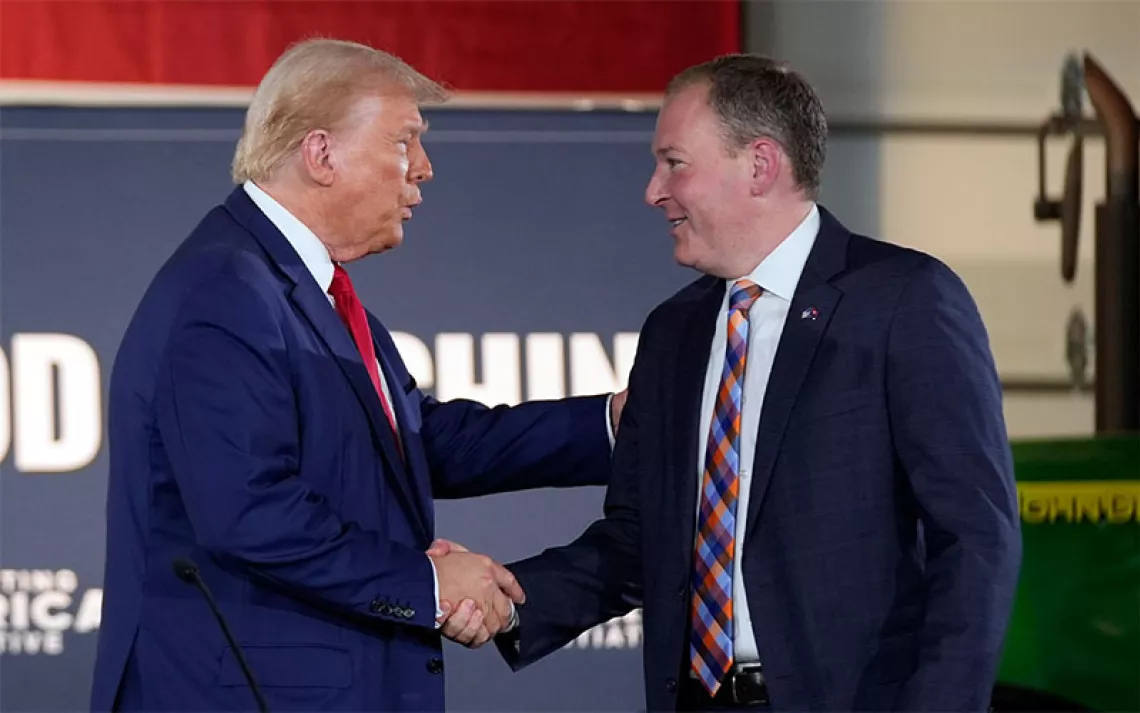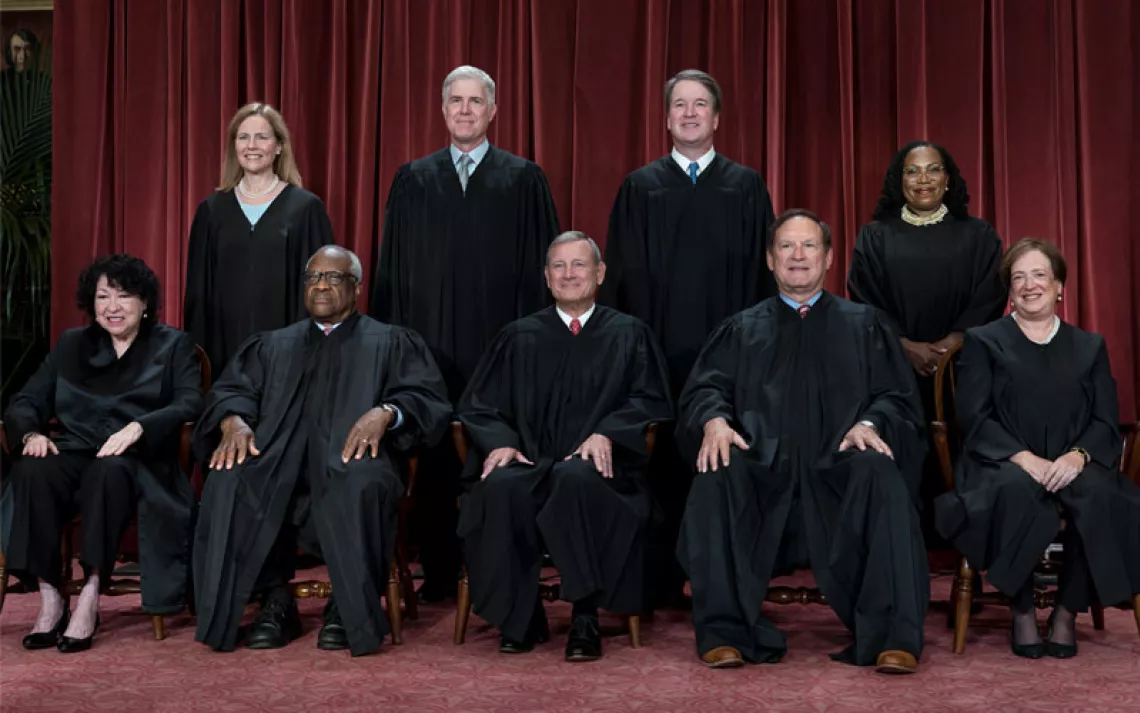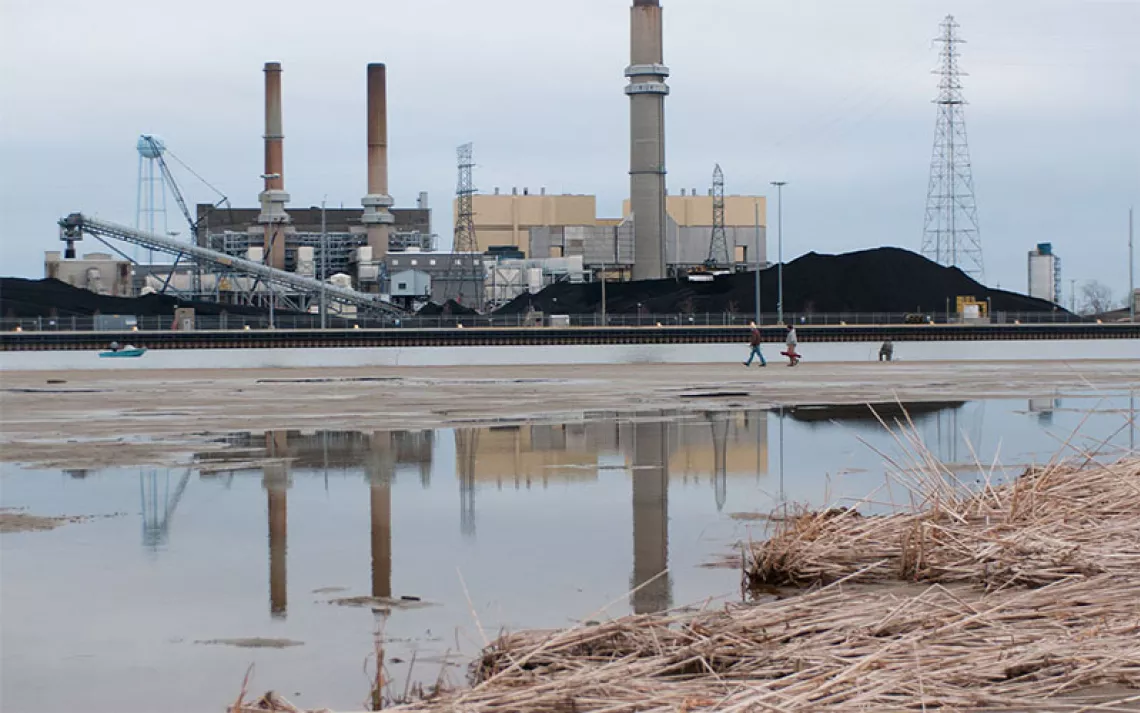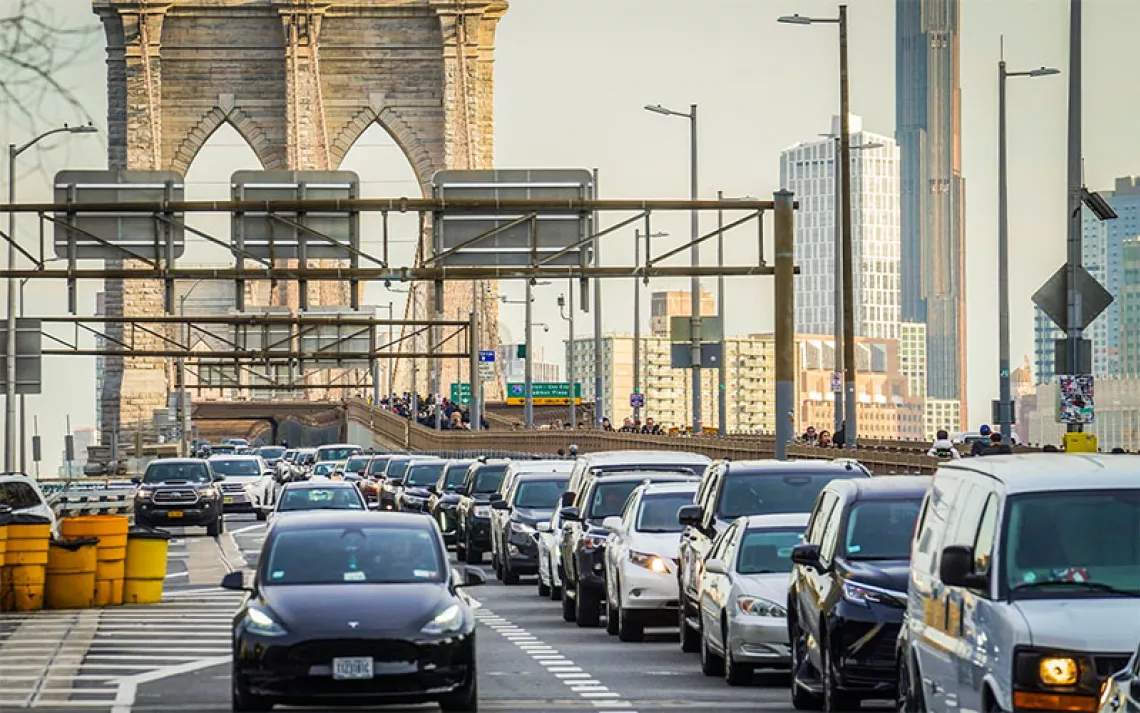What Is Scott Pruitt So Afraid Of?
EPA chief’s paranoia reaches fever pitch—and jeopardizes agency’s future

EPA administrator Scott Pruitt | Photo by AP Photo/Pablo Martinez Monsivais
In an influential and now canonical essay published in Harper’s Magazine in the autumn of 1964, historian Richard Hofstader warned against what he called “the paranoid style in American politics.” Hofstader’s warning was mostly aimed at the presidential candidacy of Senator Barry Goldwater, the Arizona Republican who many feared was a nuclear-trigger-happy extremist. But, as Hofstader illustrated, paranoia has a long lineage in U.S. politics—one that includes the nativist and Know Nothing politics of the early 19th century, and “free silver” platform of the late 19th century Populist Party, the anti-Catholic fervor at the turn of the 20th century, and through to Senator Joseph McCarthy’s hysterical anti-Communism. Hofstader wrote, “I call it the paranoid style simply because no other word adequately evokes the sense of heated exaggeration, suspiciousness, and conspiratorial fantasy.”
Turns out that heated exaggeration and conspiratorial fantasy never really go out of style. Look no further than EPA administrator Scott Pruitt. Pruitt’s over-the-top security measures have generated a flood of media attention and criticism, including from some Republicans. The exposés reveal a cabinet official obsessed with the idea that he is under threat. But what, exactly, is Scott Pruitt so afraid of? And why?
It’s hard to keep up with the cascade of new articles about Pruitt’s unprecedented security arrangements without refreshing one’s news feed every, say, five seconds (see the indispensable reporting of the New York Times’ Eric Lipton; the good folks at E&E News have also been all over this story). So here’s a quick recap.
Media investigations, FOIA requests, and whistleblower accusations have revealed that Pruitt’s security detail is three times larger than that of his predecessors. A team of 19 agents guard him 24-7, including on personal trips to Disney World and the Rose Bowl. In comparison, previous EPA administrators only had door-to-door security—meaning that the security agents would stand down once the EPA head made it safely home. Pruitt promoted a colorful former Secret Service agent, Pasquale “Nino” Perrotta, to the head of his security detail. Perrotta recommended, among other things, a bulletproof SUV with “run flat tires” that can continue moving even if hit with gunfire. When Pruitt traveled to Europe, the EPA paid $30,000 for private Italian security guards. He has repeatedly sought waivers to fly first class because, supposedly, he is safer that way. In a recent article, Politico compared Pruitt’s extraordinary security measures to “a lavishly funded SWAT team.”
Weirdly, some of Pruitt’s security measures appear designed to guard him against the agency’s own employees. How else to explain the $43,000 spent on a soundproof phone booth? Or the $3,000 of taxpayer money that went to a private security firm to sweep his office for surveillance bugs? Or the $5,800 to install biometric locks on his office door that can read fingerprints? Pruitt even sought to have a bulletproof desk installed in his office. These are the types of requests you only make if you’re scared of your own staff.
Members of Congress want answers on why the EPA has spent nearly $3 million on security for the administrator—nearly twice as much as his predecessors spent over the same timeframe. In a letter sent to Pruitt on Thursday, some members demanded answers about what they called “wasteful security spending.” The letter, which was based on disclosures from a Trump loyalist named Kevin Chmielewski, went on to suggest that security chief Nino Perrotta might have engaged in self-dealing on some of his recommendations; for example, the person hired to sweep Pruitt’s office for listening devices works for Perrotta’s private security consultancy.
In response to the uproar, EPA officials keep sending out some version of this statement: “Scott Pruitt has faced an unprecedented amount of death threats against him. Americans should all agree that members of the president’s cabinet should be kept safe from these violent threats.”
No disagreement there. Violence has no place in our democratic society, and any credible threats against Pruitt or his family would be intolerable.
But is Scott Pruitt, in fact, under threat? Or are the extraordinary and expensive security precautions guarding against nothing more than a phantom menace? EPA officials report that there has been a 400 percent increase in threats to the EPA administrator since Pruitt took over from Obama’s EPA chief, Gina McCarthy. To put that in perspective, that’s an increase from four threats to 16. And some of those 16 reported threats appear to fall short of what security types would call a “credible” risk.
The latest revelations, however, suggest that the administrator’s fears are overblown, and that his security staffers have gone out of their way to identify possible threats that may not exist.
Many of the supposed threats occurred over social media—a medium prone to overheated rhetoric. Case in point: a resident of Arkansas drunk-tweeting while getting riled up during a Rachel Maddow segment and a handful of incendiary tweets that came from a person in India. Other “threats” included an “obscene postcard” sent to the EPA headquarters (the postcard included a return address, which someone truly intending harm likely wouldn’t do); a person who threatened to dump old paint containing lead at the administrator’s office; and a message from someone who warned the EPA administrator, “we are watching you”—a line that is just as likely to be citizen vigilance as threatening stalking. After two women with the group Green Latinos interrupted a Pruitt speech in April 2017 in Washington to protest his approval of the pesticide chlorpyrifos, the administrator’s security team initiated an investigation of the women, even though such protests against cabinet officials are common and typically considered protected under the First Amendment.
Looked at dispassionately, these incidents seem like nothing more than hollow threats. At least, that was the preliminary conclusion of the EPA’s own Office of Homeland Security Intelligence Team, which in a February evaluation resorted to bold and ALL CAPS to conclude that Pruitt’s requests for additional security coverage “DOES NOT employ sound analysis or articulate relevant ‘threat specific’ information appropriate to draw any resource or level of threat conclusions regarding the protection posture for the administrator.” The memo went on to state, this time in bold, “[u]sing all source intelligence resources, EPA Intelligence has not identified any specific credible direct threat to the EPA administrator.” That text was made public on Tuesday, as Senators Tom Carper of Delaware and Sheldon Whitehouse of Rhode Island, both Democrats, asked for a congressional investigation into Pruitt’s security expenditures.
All of which brings us back to the paranoid style of American politics. Scott Pruitt has taken that distinct look and turned it into a kind of high fashion. His fearfulness and his instinct for secrecy (turns out he may be using as many as four different email addresses, presumably to foil FOIA requests) are the perfect expression of the Trumpist worldview—that is, the idea that political conservatives are some kind of persecuted minority, even as conservatives dominate the federal government and most statehouses.
Scott Pruitt may have ascended to the highest levels of the U.S. government, and yet he still seems bound by what Thomas Frank calls “the gravity of discontent.” In his groundbreaking investigation into right-wing identity, What’s the Matter With Kansas?, Frank plumbed what he called “the lurid fantasies of victimhood” on the political right. By imagining themselves as uncompromising voices or righteousness besieged by liberal elites, conservatives create a narrative of martyrdom. This affectation of persecution is particularly deep-seated among conservative Christian evangelicals, who like to imagine themselves as surrounded by an army of unbelievers (see, by way of example, the phony “war on Christmas”). It shouldn’t be surprising that Pruitt would suffer from this kind of martyr complex, given that, as Mother Jones’s Rebecca Leber has detailed, Pruitt believes he’s on a mission from God.
Frank also referred to the right’s “narcissism of victimhood.” Indeed, what’s so fascinating about Scott Pruitt’s suspicion is how it combines delusions of grandeur with a feeling of persecution. According to his own self-assessment, Pruitt is a “very important person.” At the same time, the threats against him are “unprecedented.” As he told Bloomberg News last year, “the quantity and the volume—as well as the type—of threats are different.” This combination seems like a textbook definition of paranoid narcissism. (For more evidence of Pruitt’s boundless self-regard, see this just-plain zany account of his attempts to remake the EPA’s “challenge coin.”)
But maybe it’s unfair to be so harsh with armchair psychoanalysis. After all, it’s not paranoia if they are, in fact, out to get you. In a sense, Pruitt is right to be afraid—not for his life or the safety of his family, but for his own job. A few Republicans have started to join the chorus of Democrats in calling for Pruitt to resign. White House chief of staff John Kelly has reportedly called for the president to fire him. And, according to one recent poll, 65 percent of voters agree with John Kelly.
Scott Pruitt has always been mismatched with the EPA’s mission and vision. His fear of the public and his own staff is just more proof that he’s in the wrong post. Being the EPA administrator comes with controversy and criticism, and if you’re going to interpret public protests and vulgar postcards as a threat to life and limb, clearly this isn’t the right job for you.
It’s time to go, Mr. Pruitt. Don’t let the biometric door hit you on the way out.
 The Magazine of The Sierra Club
The Magazine of The Sierra Club



